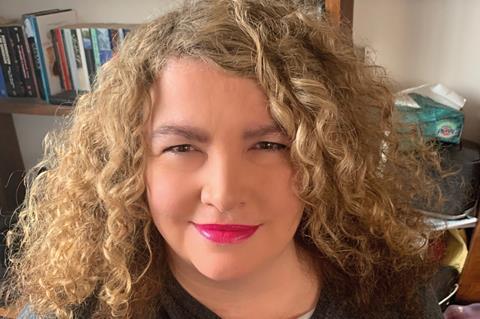
Who? Joanne Bennett, founding director, Lawstop.
Why is she in the news? Bennett and paralegal Hannah Bradburn successfully represented the lead claimant in a High Court case concerning local authorities’ powers to accommodate people with no recourse to public funds or at risk of rough sleeping during the pandemic.
Thoughts on the case: ‘Our client was sleeping in Brighton station. He had been told that he was not eligible for support by the Home Office so Voices in Exile in Brighton referred him to us. We believed our client should be accommodated immediately under the “Everyone In” scheme. Brighton & Hove City Council refused to help him [because he had no recourse to public funds]. This case has clarified and changed the scope of local authorities’ powers to accommodate rough sleepers and those at risk of rough sleeping during the pandemic. In particular: Covid-19 is an emergency within the meaning of section 138 of the Local Government Act 1972; and local authorities do have a power under section 2B of the NHS Act 2006 to accommodate rough sleepers during the pandemic. It is lawful for local authorities to accommodate those with no recourse to public funds during the pandemic. If local authorities use their powers under section 2B to accommodate, they may use their ring-fenced public health grant to fund “Everyone In” Covid-19 accommodation.’
Councillor Siriol Hugh-Jones, joint chair of Brighton & Hove City Council’s housing committee, said: ‘In the absence of government guidance, we welcome the identification by the court of the additional, albeit limited, powers councils have to help people with no recourse to public funds and not entitled to support from other agencies where there is a danger to life. The court also agreed with our view that the responsibility for accommodating the individual lay with the Home Office rather than the council. At the time of the legal challenge, the individual had not applied to the Home Office. He has since done so and is now in accommodation provided by the Home Office.’
Why become a lawyer? ‘I think your reasons change. To get a job, then to make a difference to individuals and to work towards reform.’
Career high: ‘The most glamorous part was sitting in the Grand Chamber of the European Court of Human Rights with the judges for their private deliberations on a landmark case.’































No comments yet